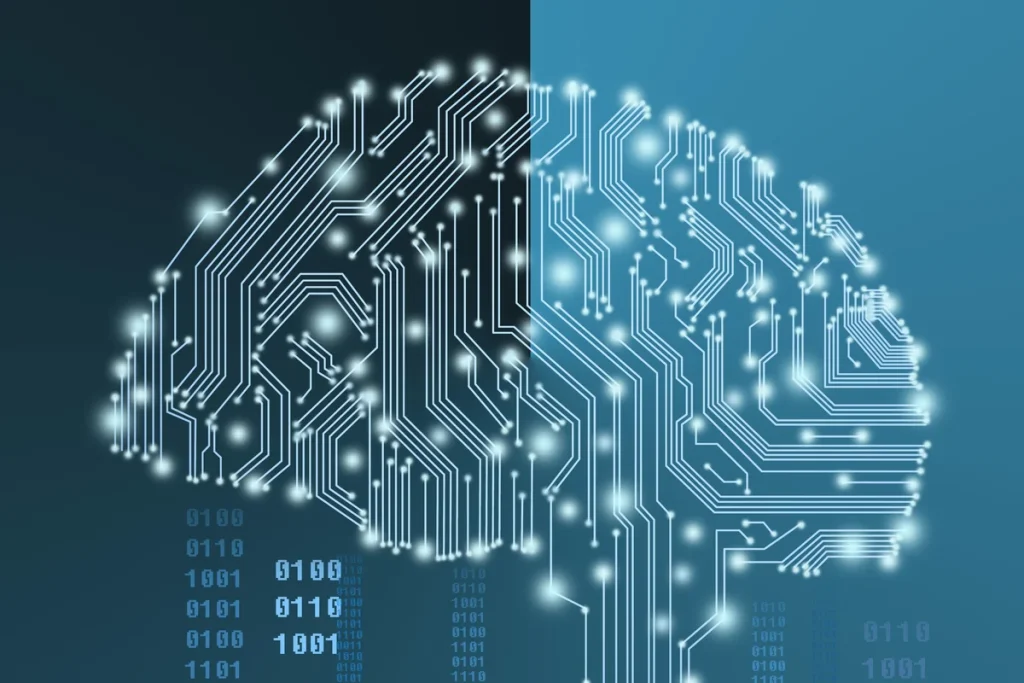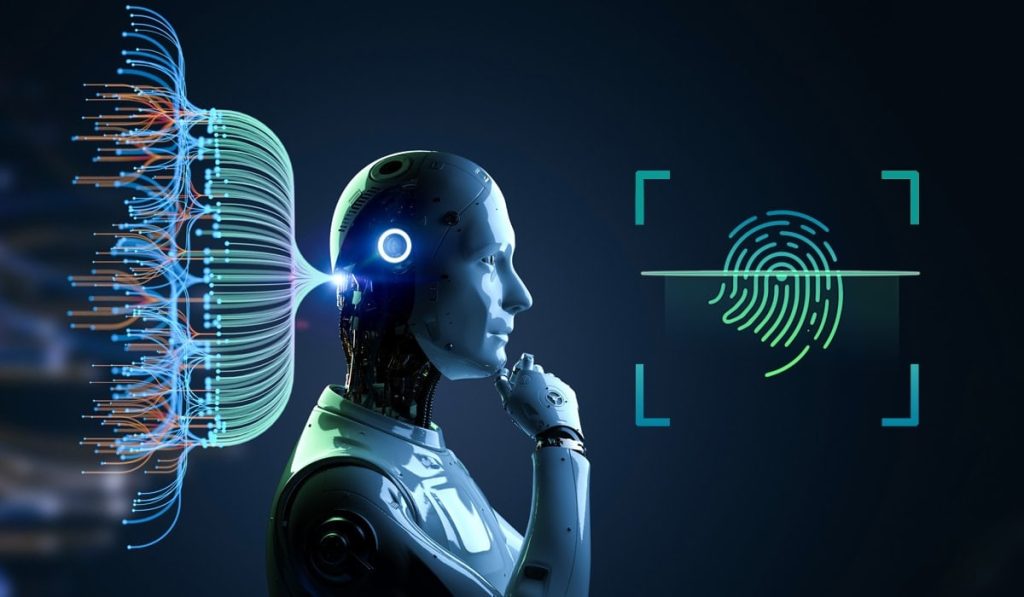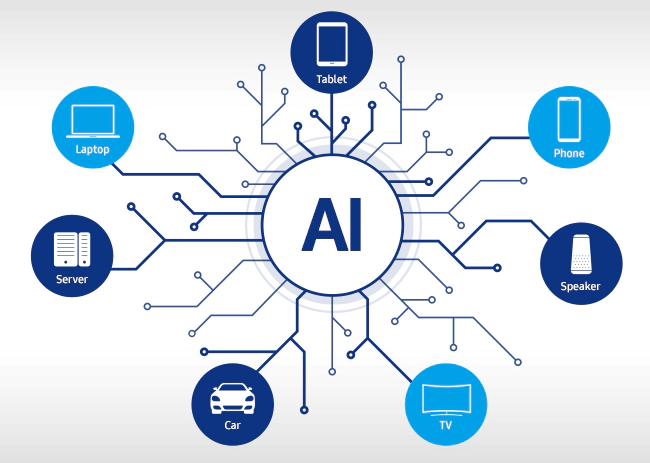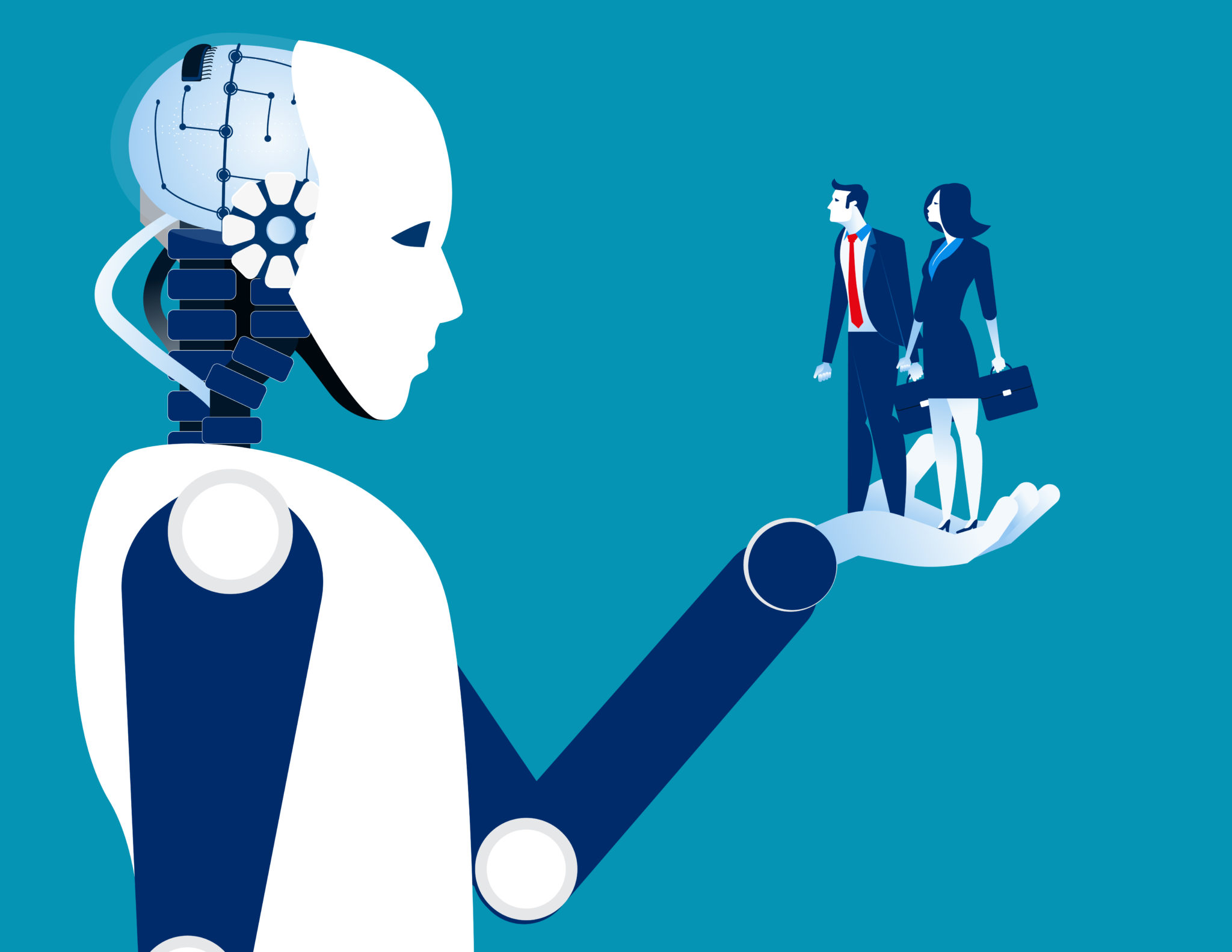The realm of Artificial Intelligence (AI) is not just expanding; it’s fundamentally transforming industries and creating a plethora of new job opportunities. This burgeoning field requires a blend of skills from computational expertise to ethical judgment. This blog post delves into some of the most exciting and crucial job roles emerging within AI, providing a guide for those aiming to navigate this dynamic landscape.
AI Research Scientist
AI research scientists are at the cutting edge of AI, developing new algorithms and models that could potentially revolutionize industries. These professionals need a deep understanding of machine learning, cognitive science theory, and engineering to build models that can mimic or even enhance human cognition. Typically holding advanced degrees in computer science, mathematics, or a related field, AI research scientists publish their findings, contribute to academic communities, and lead innovation at tech giants or specialized startups. Their work not only pushes the technological boundaries but also sets the stage for practical AI applications.
Machine Learning Engineer

Machine learning engineers are vital in turning data-driven models into actionable software solutions. They work closely with data scientists to design and train systems on large data sets and then implement scalable machine learning models. The role requires expertise in software engineering and an in-depth knowledge of AI programming languages like Python or Java. These professionals are crucial in optimizing algorithms and refining the models based on the iterative feedback received from the system’s performance. With AI becoming more prevalent, the demand for machine learning engineers is skyrocketing, making this one of the most sought-after careers in technology.
Data Scientist
While data scientists and AI professionals often work closely, the roles aren’t interchangeable. Data scientists analyze and interpret complex data to help companies make better and more timely decisions. Their expertise in statistical analysis, data mining, and predictive modeling is foundational for AI projects. They use these skills to clean, manage, and organize data while also ensuring the accuracy and integrity of the data used in AI applications. In an AI context, they often tailor their methodologies to improve and personalize AI outcomes across different sectors like healthcare, retail, and finance.
AI Ethics Officer

As AI systems become more integral to our daily lives, the need for AI ethics officers grows. These professionals are tasked with ensuring that AI technologies promote societal well-being while addressing ethical concerns such as privacy, bias, and fairness. An AI ethics officer collaborates with technologists to design and deploy AI solutions responsibly. Their role involves continuous education and adaptation to new ethical challenges as AI technologies evolve. This position is increasingly recognized as essential within companies that strive to maintain public trust while innovating.
Robotics Engineer
Robotics engineers design, build, and maintain robots that are often integrated with AI systems to perform tasks that require human-like perception and dexterity. This role combines knowledge of mechanical engineering, electronic engineering, and computer science. Robotics engineers work on various applications from manufacturing automation and medical robotics to exploration and service robots. The integration of AI into robotics has created a new layer of complexity and opportunity in this field, promising substantial growth as more industries adopt automated systems. Navigating a career in AI offers a unique opportunity to be at the forefront of technology that shapes the future. Whether one’s skills lie in research, engineering, data science, ethics, or robotics, AI presents diverse pathways that promise both challenges and rewards. Engaging with this dynamic field not only fuels personal growth but also drives the progress of technologies that impact all aspects of life.




Leave a Reply